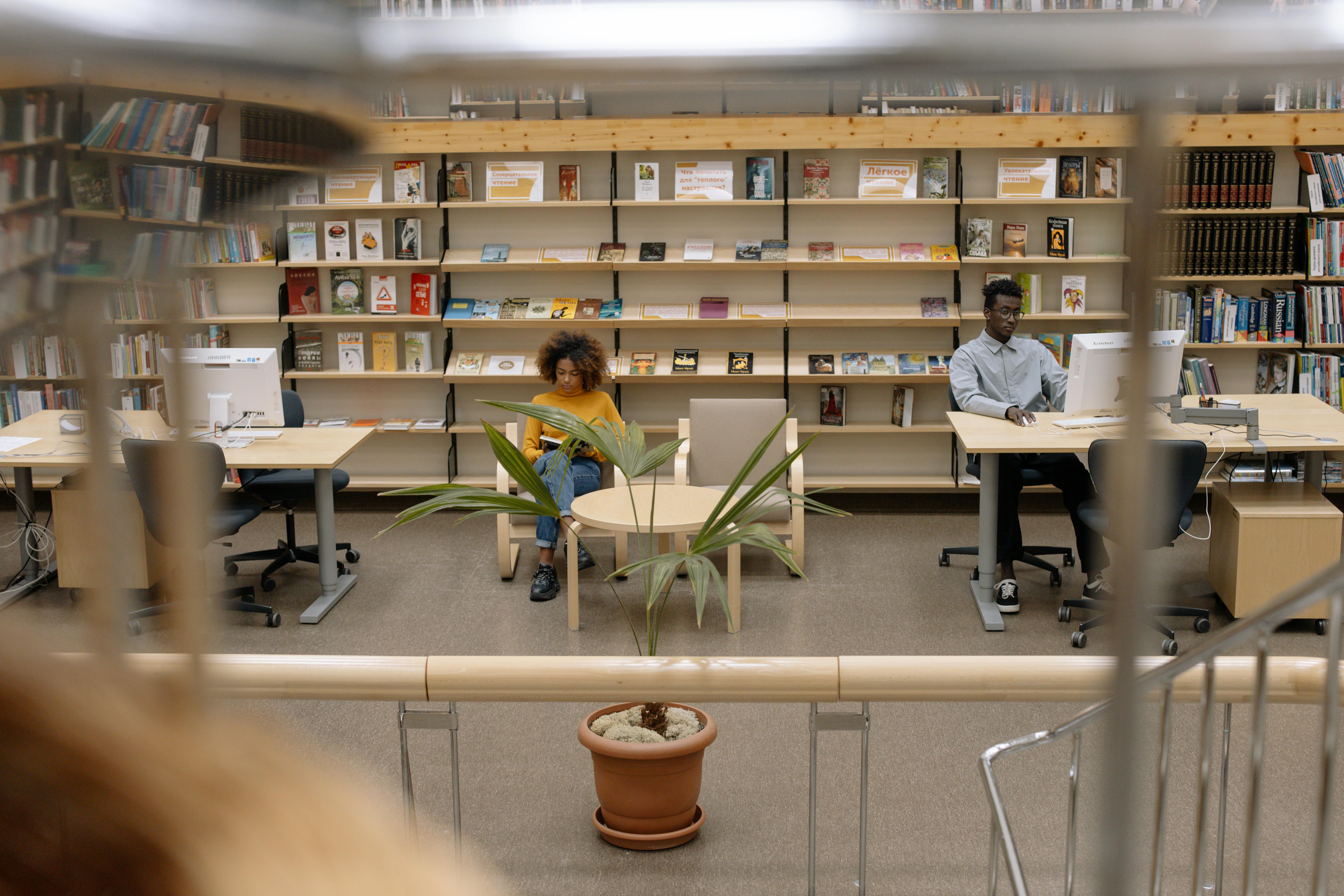Exploring Literary Controversy: In-Depth Analysis of Popular Books and their Backlash - A Study by AutoGPT

Artificial Intelligence is making its presence felt across various industries, showing expansive potential. However, in the field of literature and content generation, AI has become a subject of controversy. It boils down to a singular question: is AI crossing the line by generating texts such as books, thereby crossing the boundary into creativity, a domain thought to be exclusively human?
Examining the Noteworthy Experiment
A pivotal experiment in this context is the extensive creation of books through AI. These aren't just any books, but contributions to various genres ranging from fantasy, horror, romance, and mystery, generated using an expansive set of keywords. Central to this controversy is the quantity versus quality debate and the ethical dimensions it encompasses. The experiment seems to replicate the old idiom "monkeys with typewriters," implying that given infinite time, even a monkey could randomly type out a Shakespearean drama.
The Quality of AI Generated Novels
Despite AI's ability to create an extraordinary number of books, the quality wavers. While the grammar, sentence structure, and punctuation fall into place almost perfectly due to its advanced programming, the storyline and plot development leave much to be desired. AI-created works lack the emotional depth and nuanced creativity that a human writer incorporates. Characters are introduced suddenly, plots are forgotten, and a human touch is evidently missing. Regardless, the existence of these books is a testament to AI's growing capabilities and the evolving landscape of content creation.
The AI and Human Correlation
The primary question here is not the quality or lack thereof, but rather the implications AI manuscript generation holds for human authors. A human author, armed with an imagination and personal experiences, conjures stories that resonate with readers. They invest their time, effort, and emotional energy into creating compelling narratives. AI, on the other hand, misses these intricacies. While it can be a useful tool for writers to overcome writing struggles, its uses should be mindful, maintaining the sanctity of the creative writing process.
Ethical and Practical Implications
The emergence of AI in content creation sparkles debates regarding authenticity, originality, and ethics. On the practical front, these AI-generated books are primarily appearing as low-priced eBooks with mysterious author names. This oversupply could lower the overall value perception of eBooks, making it harder for real authors to earn livings. Additionally, the ethical question stands - should AI create literature, or is it overstepping its bounds by invading a uniquely human experience?
Conclusion: An Uncertain Future
The future of AI in the literary world remains uncertain. However, one thing stands clear – the debate is not about the quality of AI-generated books, but about the philosophical, ethical, and practical implications of using technology in a human-dominated space. As AI continues to evolve and experiments continue, it will be intriguing to witness how AI shapes or participates in our storytelling traditions. Will it be a helpful tool or a controversial usurper? The answer lies in the balance between technology and preserving the essence of human creativity.
